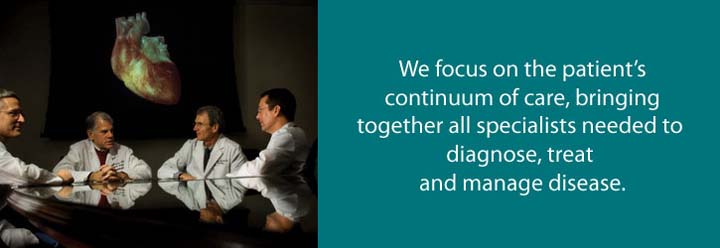Good To Be Alive launches its primary retail channel, www.GoodToBeAlive.com and toll-free number 1-888-OWN-1-AED (1-888-696-1233), which is a one-of-a-kind retail outlet – the nation’s first exclusive-for-home seller of defibrillators (automated external defibrillators or AEDs) suitable for personal use. Good To Be Alive offers Personal-AEDs or automated external defibrillators, (sometimes referred to as a Portable AED) which are self-contained laptop-sized devices that are used to revive a person suffering from sudden cardiac arrest by delivering a controlled electrical shock that can reset the heart to normal function. For witnessed sudden cardiac arrest, if used immediately, AEDs are up to 90% successful at resuscitation (whereas without an AED readily available, survival rates are 1% – 5%). Until recently, these devices were only safe when used by a trained professional. Now, due to recent technological advances, Personal-AEDs are safe and easy for layperson use. No other consumer device has empowered individuals for such dramatic results – resuscitation of a sudden cardiac arrest victim – basically bringing someone back to life!

SUDDEN CARDIAC ARREST BACKGROUND:
Knowing the facts reveals the need for personal AEDs in homes: Sudden cardiac arrest is the leading cause of death in the United States. More than 300,000 US deaths annually, across all demographics, are attributed to sudden cardiac arrest (more than breast cancer, prostate cancer, house fires, hand guns, traffic accidents, and AIDS combined). Tens of thousands of sudden cardiac arrest deaths could be prevented if an AED were used immediately. AED utilization is the only treatment for sudden cardiac arrest – survival odds decrease 10% every minute without an AED. Few attempts at resuscitation are successful after 10 minutes without an AED. It is crucial to recognize that the majority of sudden cardiac arrest victims are asymptomatic, meaning these victims were not at heightened risk for a heart attack. We are all at risk, including the youngest among us. Sudden cardiac arrest is not limited to the aging population. Approximately 22% of sudden deaths for people between 1 and 21 years of age are due to cardiac arrest. A final relevant statistic– 80% of cardiac arrest occurs at home.
PURPOSE, NON-PROFIT PARTNERSHIP:
Good To Be Alive partners with national non-profit Sudden Cardiac Arrest Foundation (www.sca-aware.org). Initially, the two organizations are presenting survivor stories to the public, offering a referral purchase program (that will result in donations from Good To Be Alive to the SCA Foundation), and looking ahead to developing a public awareness campaign called “Save A Life at Homeâ€, which will follow the successful and ongoing SCA Foundation campaign “Save A life at School.â€
“Good To Be Alive is focused on providing defibrillators in the home where they are needed most. We are grateful that Good To Be Alive has chosen to begin supporting our Foundation from the onset, this is a demonstration of their commitment to their mission to save lives,†said Mary Newman, the President of the SCA Foundation.
Mark Adelman is the founding partner of Good To Be Alive. Mr. Adelman and senior partner, Allan Fine, are currently test marketing, as well as honing website and logistical operations. The senior management team expects Good To Be Alive to locally employ 12+ individuals by Fall 2010 in a combination of management and member support positions.
“I’ve always focused on technology serving people – I see that society is far too slowly adopting this life-extending medical advancement. The latest generation of easy-to-use AEDs are a game changer against the nation’s number one cause of death – sudden cardiac arrest. We’re determined to put a Personal-AED in the hands of as many people as possible. Our purpose is to decrease loss of life from sudden cardiac arrest. The American Heart Association estimates that between 50,000 – 100,000 lives could be saved annually if AEDs were widely accessible. That said, in the end, the decision to protect yourself and the people you care about against sudden cardiac arrest is a personal choice, it’s the individual’s right to choose to be prepared,†founding partner Mr. Adelman said.
Senior partner Mr. Fine said, “We applaud the proliferation of public access AEDs. The AEDs we all see in airports, fitness centers, and schools are important for people to have available, however the public should understand that 80% of sudden cardiac arrest occurs in the home. We are placing Personal-AEDs in people’s homes, where they are needed most. Good To Be Alive’s mission to save lives is very personal for me due to the fact that last year I lost my 28 year old brother to sudden cardiac arrest in his home. When Personal-AEDs are widely accessible, similar tragic losses can be avoided for other families.â€
Good To Be Alive has established the Good To Be Alive Foundation. The Foundation’s purpose is to give back to the community by supporting the proliferation of AEDs, both Personal-AEDs and public-access AEDs (located at schools, airports, etc.) In fact, the Good To Be Alive Foundation has already donated AED equipment to a local high school and an AED to a county-based EMS group. Additionally, the Good To Be Alive Foundation is partnering with the Sudden Cardiac Arrest Foundation (www.sca-aware.org) to support its efforts for a developing “Save A Life at Home†awareness campaign.
GOOD TO BE ALIVE TEAM BACKGROUND:
Founding partner, attorney Mark Adelman is a graduate of the Georgia State College of Law and the University of Georgia, Grady College of Journalism, as well as an experienced healthcare administrator. Prior to becoming a member of the Georgia Bar Association (2000), Mr. Adelman contributed to the development of the CNN brand as a producer in the network’s Marketing and Creative Services division. More recently, he won national video production awards for Georgia Tech as part of their marketing efforts. Mr. Adelman is an American Red Cross certified AED Instructor.
Via EPR Network
More Healthcare press releases
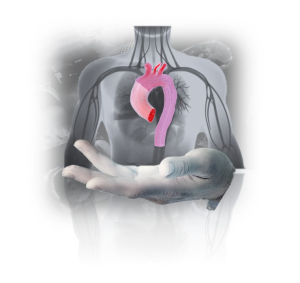 ITALY, 15-Jul-2025 — /EuropaWire/ — An EU‑funded consortium of Italian and French partners has unveiled PANDORA, a pioneering in‑silico platform designed to transform aortic aneurysm surgery, according to a recent press release announcement made on EuropaWire. Developed by LivGemini, RBF Morph, INSA and Université de Rennes (UnivREN) in collaboration with Rennes University Hospital, PANDORA creates patient‑specific “digital twins” of the aorta by combining AI‑driven image analysis, mesh‑morphing algorithms and high‑performance simulations.
ITALY, 15-Jul-2025 — /EuropaWire/ — An EU‑funded consortium of Italian and French partners has unveiled PANDORA, a pioneering in‑silico platform designed to transform aortic aneurysm surgery, according to a recent press release announcement made on EuropaWire. Developed by LivGemini, RBF Morph, INSA and Université de Rennes (UnivREN) in collaboration with Rennes University Hospital, PANDORA creates patient‑specific “digital twins” of the aorta by combining AI‑driven image analysis, mesh‑morphing algorithms and high‑performance simulations.
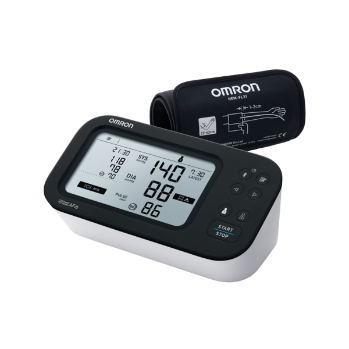
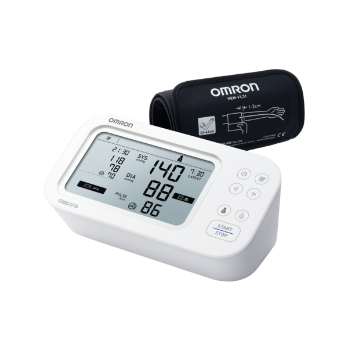
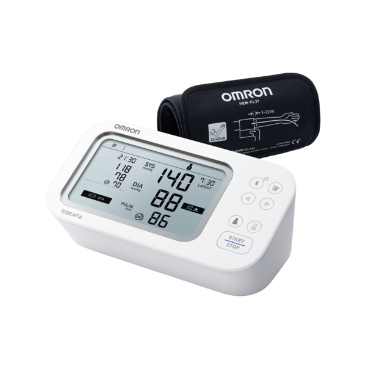

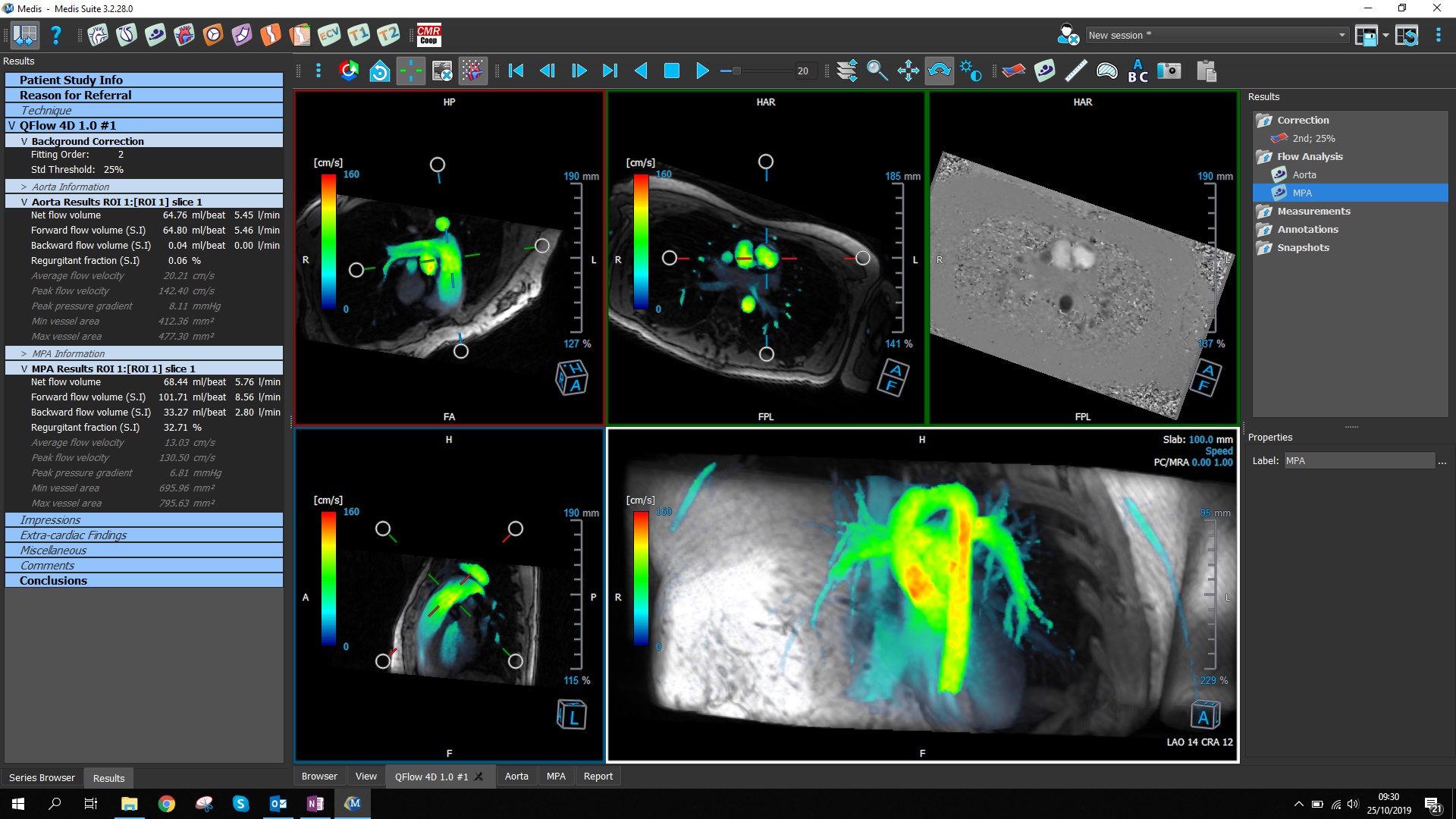
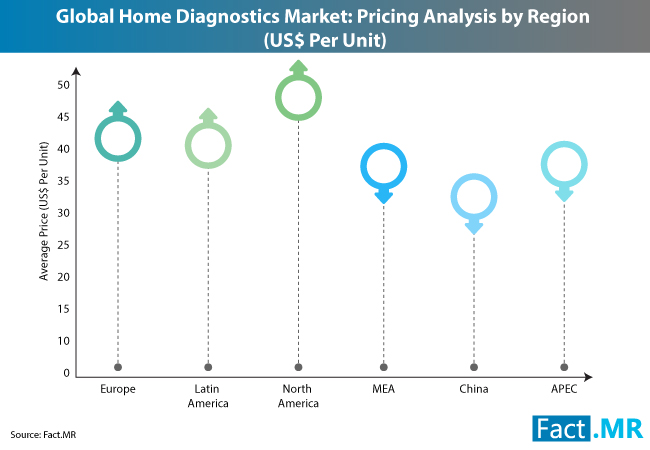



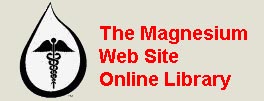

 If you are as little as 10 pounds overweight you are at risk forHeart Disease.Chronic Diseases cost the US economy 1.3 trillion dollars annually and this could reach 6 trillion by the middle of the century.
If you are as little as 10 pounds overweight you are at risk forHeart Disease.Chronic Diseases cost the US economy 1.3 trillion dollars annually and this could reach 6 trillion by the middle of the century.

